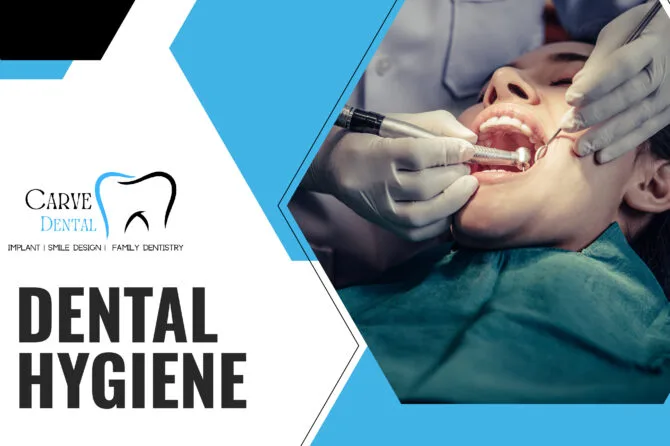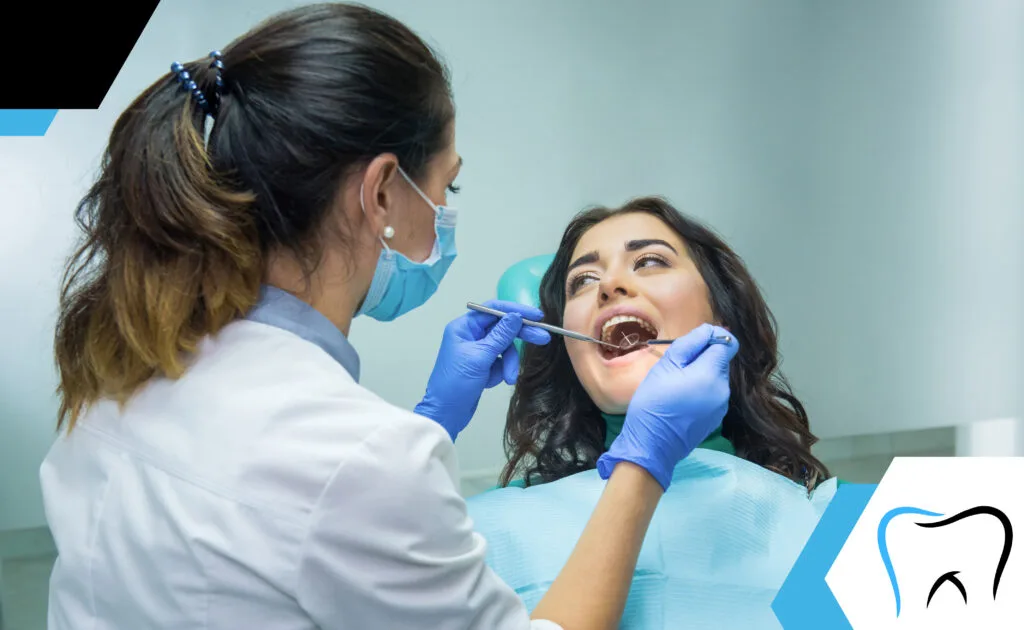
Dental Hygiene: Understanding the Foundation of a Healthy Smile
Introduction
Maintaining good dental hygiene is crucial for achieving and maintaining a healthy smile. Dental hygiene encompasses a range of practices and habits that contribute to oral health and overall well-being. In this blog, we will explore the importance of dental hygiene, the role of dental hygienists, effective oral hygiene practices, and the connection between oral health and systemic health.
The major things required are: Dental hygiene, oral health, dental hygienists, daily oral hygiene practices, dental plaque, tartar, regular dental check-ups, gum disease, halitosis, oral hygiene for children, dietary considerations, oral and overall well-being.
Introduction to Dental Hygiene: the Basics of Maintaining Oral Health
Dental hygiene involves a series of practices aimed at promoting oral health and preventing dental problems. It includes daily oral hygiene practices such as brushing and flossing, as well as regular dental check-ups, professional cleanings, and adopting a healthy lifestyle. Maintaining good dental hygiene is the foundation for a healthy smile.
The Role of Dental Hygienists: Oral Health Professionals and Their Expertise

Dental hygienists play a vital role in dental care. They are oral health professionals who specialize in preventive dental care and education. Dental hygienists are experts in providing professional cleanings, assessing oral health conditions, detecting early signs of dental problems, and educating patients on proper oral hygiene practices. Their expertise contributes to maintaining optimal oral health.
Daily Oral Hygiene Practices: Effective Techniques for Brushing and Flossing
Daily oral hygiene practices are the cornerstone of dental hygiene. Brushing teeth at least twice a day using fluoride toothpaste and a soft-bristle toothbrush helps remove plaque and food particles. Flossing once a day is crucial for cleaning between teeth and along the gumline, where a toothbrush cannot reach. Adopting proper brushing and flossing techniques ensures effective plaque removal.
Understanding Dental Plaque and Tartar: Causes, Consequences, and Prevention
Dental plaque is a sticky film that forms on teeth and contains bacteria. If not removed through proper oral hygiene practices, plaque can harden into tartar, which is more difficult to remove and can lead to dental problems such as tooth decay and gum disease. Regular brushing, flossing, and professional cleanings are essential for preventing the buildup of plaque and tartar.

The Significance of Obtaining Routine Dental Examinations and Cleanings
Regular dental check-ups and cleanings are vital for maintaining oral health. During dental visits, dentists and dental hygienists assess the overall oral health, detect any early signs of dental problems, and perform professional cleanings to remove plaque, tartar, and stains. Regular dental check-ups help identify and address oral health issues before they become more severe.
Preventing Gum Disease: Gum Health and the Link to Overall Well-Being
Gum disease, also known as periodontal disease, is a common dental condition that affects the gums and bone supporting the teeth. It can lead to gum inflammation, gum recession, tooth loss, and even impact overall health. Proper oral hygiene practices, regular dental check-ups, and professional cleanings are essential for preventing and managing gum disease.
Halitosis (Bad Breath): Causes, Prevention, and Treatment
Halitosis, or bad breath, can be embarrassing and indicate underlying oral health issues. It is often caused by poor oral hygiene, gum disease, dry mouth, or certain foods. Maintaining proper oral hygiene practices, addressing dental problems, and staying hydrated can help prevent and treat halitosis, ensuring fresh breath and improved self-confidence.
Oral Hygiene for Children: Establishing Healthy Habits from an Early Age
Establishing good oral hygiene habits from an early age is crucial for children’s dental health. Parents should encourage regular checkups and cleanliness habits.
Establishing good oral hygiene habits from a young age is essential for children’s dental health. Teaching them proper brushing and flossing techniques, encouraging regular dental check-ups, and promoting a healthy diet are crucial steps in maintaining their oral well-being. By instilling these habits early on, parents can set their children on a path to a lifetime of good oral health.
Leave a reply
Leave a reply